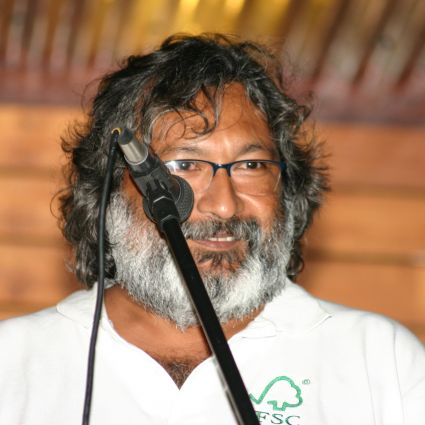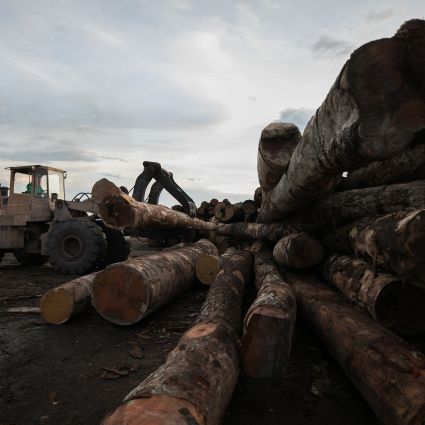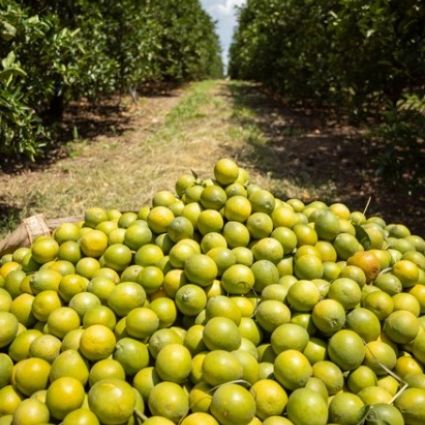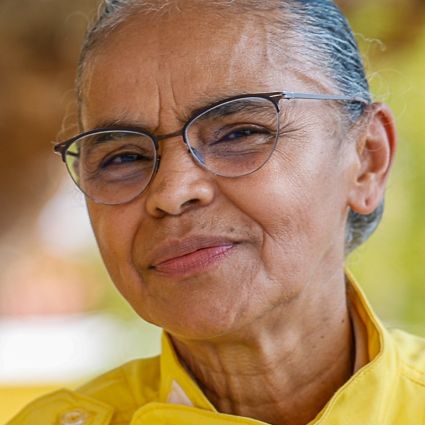For 30 years, Imaflora has been driving change where it matters most: on the ground. We bring together technical expertise and close collaboration with traditional communities, farmers, and a wide range of stakeholders connected to the land and forests. In 2024, this expertise proved more essential than ever. In Brazil, this has manifested in extreme weather events, from record droughts in the Amazon to floods in Rio Grande do Sul.
We need to reinforce the importance of responsible, low-emission agricultural and forestry supply chains, expand benefits for small farmers and traditional communities and scale up the socio-biodiversity model, strategic actions for Imaflora moving forward.
Agroforestry systems, for example, are a proven way to generate income whiole encouraging conservation, integrating agricultural production with the forest. This model is used in the production of guaraná in dozens of towns in Amazonas, through the Olhos da Floresta (Eyes of the Forest) project, a partnership between Imaflora and Coca-Cola. With the Cocoa 2030 Project, agroforestry production of cocoa is in place in three Brazilian states: Bahia, Espírito Santo and Pará, where new production units were opened in 2024.
Against this backdrop, governments, companies and civil society have been working to drive forward the agendas of responsible agriculture and socio-biodiversity. As such, the first thing is to establish the "rules of the game". And that is exactly what the world’s 20 largest economies did in September 2024, when they adopted the 10 High-Level Principles on the Bioeconomy. Guidelines such as the protection of all people’s rights, including indigenous and local communities, will lay the groundwork for future discussions on the bioeconomy in the world. At the national level, Brazil has begun to develop its National Bioeconomy Plan, for which we can suggest ways forward based on Imaflora's vast experience in driving ethical trade in family farming and the socio-bioeconomy, such as the Origens Brasil® network.
We also need to examine how forest peoples are rewarded for the conservation their way of life sustains. The National Policy for Payment for Environmental Services is an essential agenda to ensure that indigenous peoples, quilombolas and traditional communities are prioritised and fairly compensated for the ecosystem benefits they help to sustain.
In 2024, the Origens Brasil® network, which fosters ethical trade between traditional communities and the business sector in Brazil and abroad, welcomed a new territory in its network. With the addition of Calha do Purus (AM), which covers 5.7 million hectares divided into 22 protected areas, six territories are now part of the network. It also reached the milestone of 100 products with the Origens Brasil® label and BRL 8 million in sales.
Conserving water springs, implementing fire prevention and protection measures and developing alternative ways to access water are some of the initiatives Imaflora has carried out with communities that are part of the Florestas de Valor (Forests of Value) programme, which also received support to access emergency funding.
Florestas de Valor celebrated its 10th anniversary in 2024, disseminating sustainable production techniques such as agroecology, agroforestry systems, irrigation systems and training for family farmers.
Our connection with the land and the farmers who work it happens on a daily basis. In 2024, we were present in 20 Brazilian states and worked on 6.5 million hectares, visiting agricultural and forestry producers, either for the audits we carry out or to assist in regenerative agriculture practices and carbon calculation. We have developed different initiatives such as forestry and agricultural certifications, checks such as C.A.F.E. Practices and the SAI Platform, and the ScoreCar tool, in partnership with Agrotools. In addition, to strengthen production chains, we mapped their needs and improved Carbon On Track - our platform for calculating property-level carbon emissions and recommending regenerative low-carbon practices.
It is long past time to learn from the examples that come from the forest and recognise that it is possible to produce without destroying—embracing a model where the economy truly serves both people and the planet.



